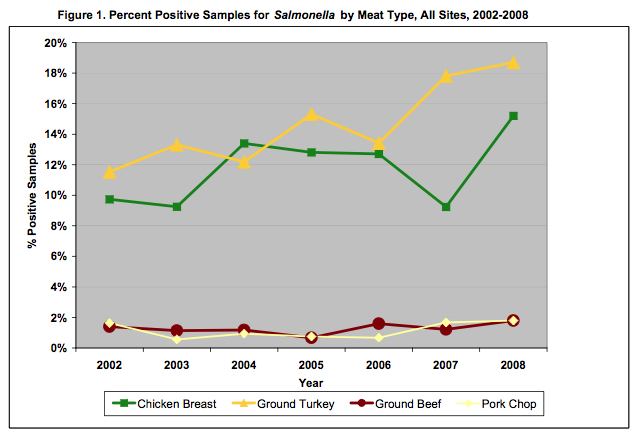BALTIMORE—The Food and Drug Administration is increasingly harnessing data-driven, risk-based targeting to examine food processors and suppliers under the Food Safety Modernization Act. At this week’s Food Safety Summit, the FDA’s Roberta Wagner, director of compliance at the Center for Food Safety and Applied Nutrition, emphasized the risk-based, preventative public health focus of FSMA.
While it has long collected extensive data, the agency is now expanding and streamlining analysis from inspections to systematically identify chronic bad actors. FSMA regulations and reporting are revolutionizing many of the FDA’s challenges, but so is technology. According to Wagner, whole genome sequencing in particular has tremendous potential to change how authorities and professionals throughout the food chain look at pathogens. WGS offers rapid identification of the sources of foodborne pathogens that cause illness, and can help identify these pathogens as resident or transient. In other words, by sequencing pathogens (and sharing them in Genome Trakr, a coordinated state and federal database), scientists can track where contamination occurs during or after production.
At the same session, Jorge Hernandez, senior vice president of food safety and quality assurance at US Foods, also highlighted the importance of thorough risk evaluation and data-driven analysis for food companies.
He encouraged a farm to fork approach to managing food safety and quality assurance risks, examining data as far back as possible so that companies just face the burden of maintaining safety, not combating or passing on contamination. Developing standards or suppliers that rest on a foundation of data and testing is the first step, but then companies must also be ready to check for compliance and implement change.
The primary components of the food chain are standard: producers, processors, suppliers/distributors and operators. Between each, however, comes the opportunity for monitoring and verification checks that should serve as control points, Hernandez said. These controls must be integrated into every link in the chain, and food companies must constantly evaluate what systems are necessary to ensure success downstream.




